H I G H L A N D C O L L E C T I O N
Introducing the Highland Collection, limited release offerings of exceptional coffees from across the globe.
Introducing the Finca España a delightfully sweet anaerobic natural process El Salvador with notes of cranberry juice and rose hips.
EL SALVADOR finca ESPAÑA
[EL • SAL-VUH-DORE • FEEN-KUH • ES-PAHN-YUH]
Nora Lemus De Diaz Nuila is a third generation coffee farmer from El Salvador and is the proud owner of several farms throughout El Salvador’s famous Ahuachapán region. Finca España’s 22 hectares straddle the privileged elevation of 1,300 to 1,450 meters above sea level.
The farm is carefully monitored by a farm manager who has been with the farm for a number of years. There are various areas of the farm that are undergoing renovation, to introduce newer varietals, more resilient to the changing climate and spread of rust. Pruning is also conducted quite specifically at Finca España, to promote healthy growth of the coffee trees, thus elongating their lives.
Nestled atop a high mountain, Finca España is also filled with plenty of native trees, providing shade forthe coffee and helping nourish the soils of the farm. The air is moist, and the rich vegetation creates an ideal environment to grow high-quality coffee.
Coffee is harvested at Finca España during the final weeks of December through most of January and February. The harvest can continue as late as March.
All coffee from the farm is carefully harvested by hand and meticulously sorted before being delivered for processing to the nearby Beneficio El Carmen. Fernando Alfaro, the owner of the mill and El Carmen Estate, works with the family to process their coffee to their specifications so as to assure its quality and consistency.
After the harvest, the cherries are delivered to the mill to be sorted. Next, the cherries are sealed in containers with no oxygen, to ferment for 168 hours. The temperature is carefully monitored to ensure a slow anaerobic fermentation takes place. Once fermentation is complete,the cherries are evenly dispersed on raised beds for 26 –30 days to dry in the open sun, with regular movement to prevent any mould growth. Lastly, the coffee is rested in a warehouse for 45 –50 days before being hulled and prepared for export.

















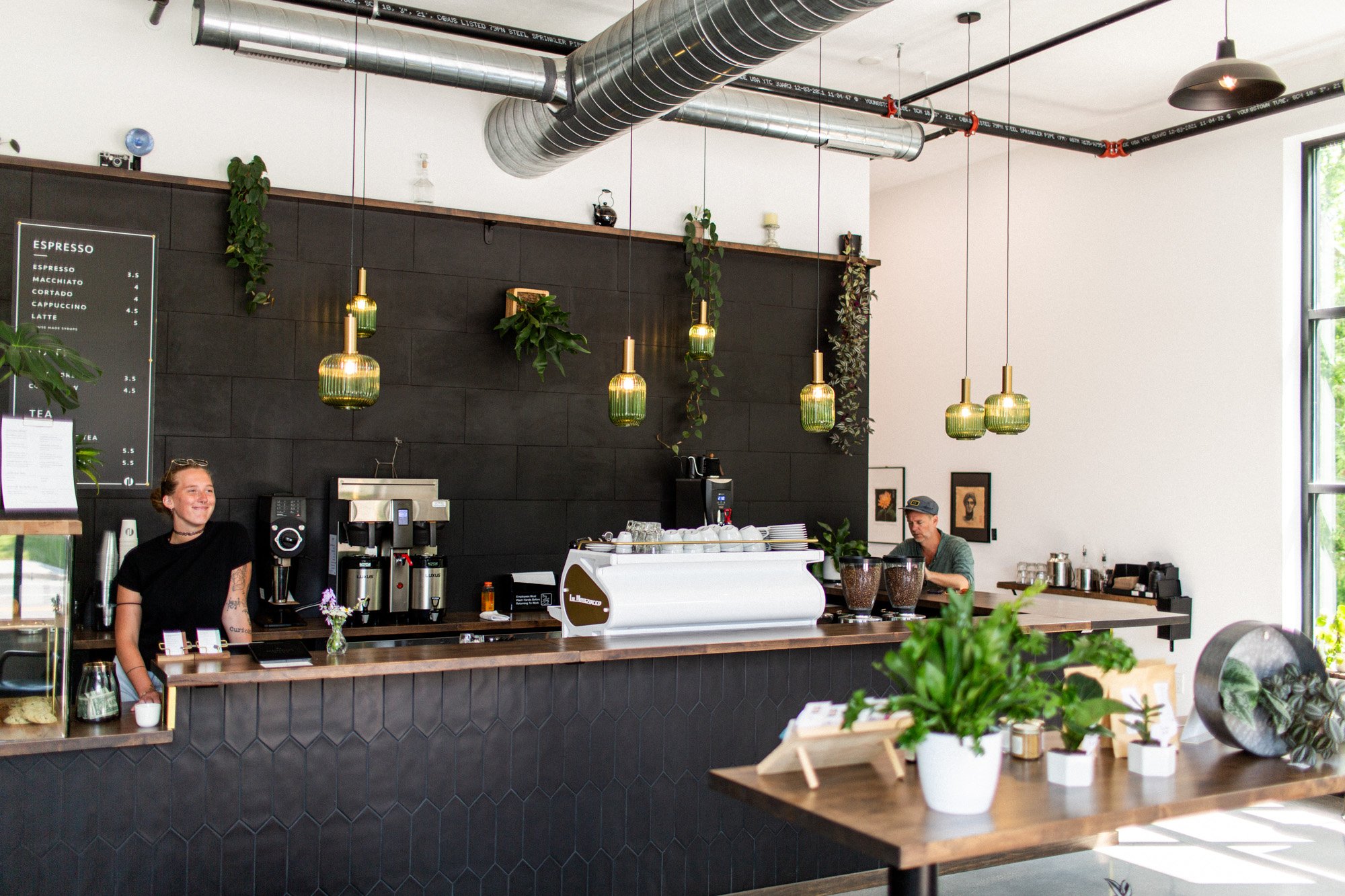



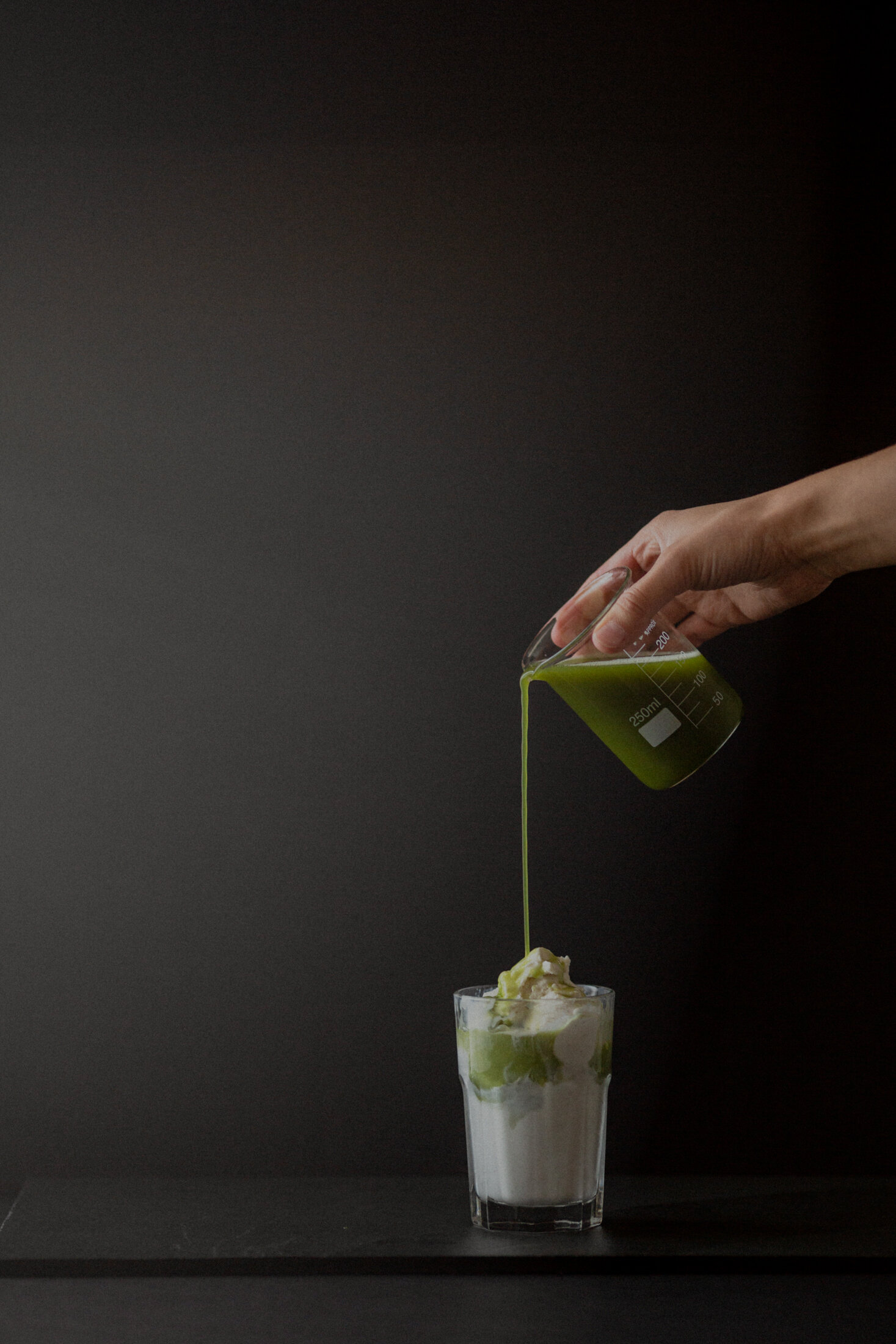











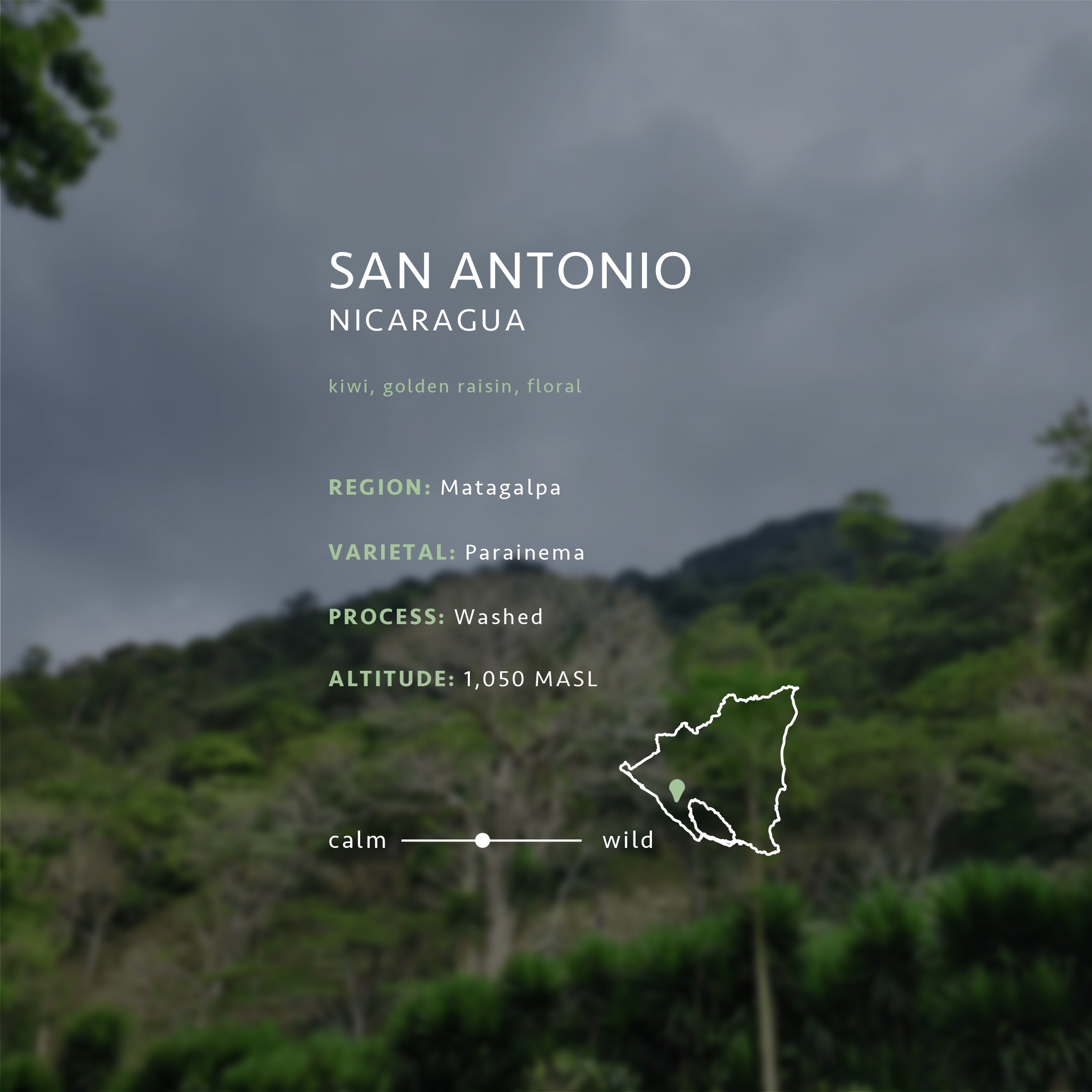

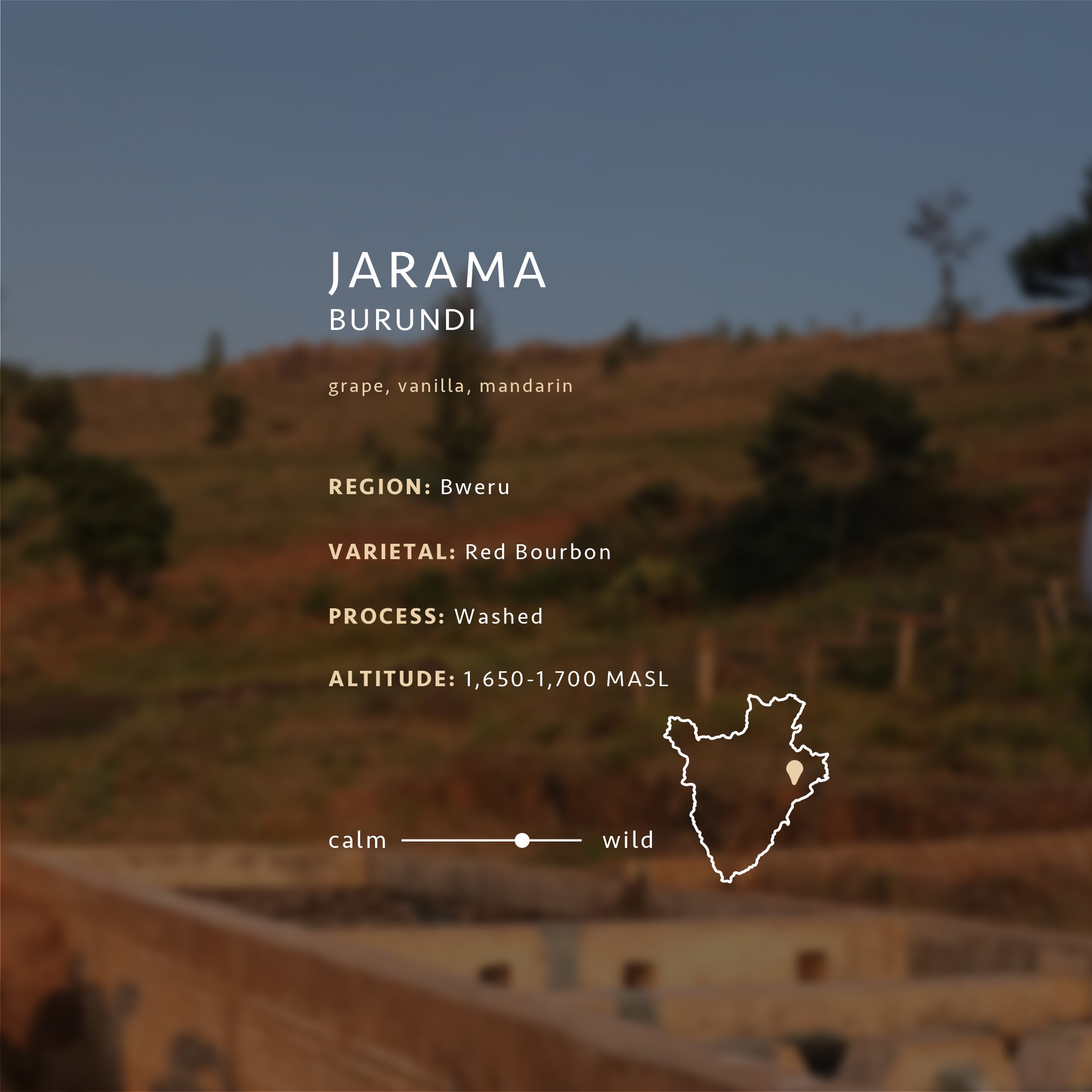



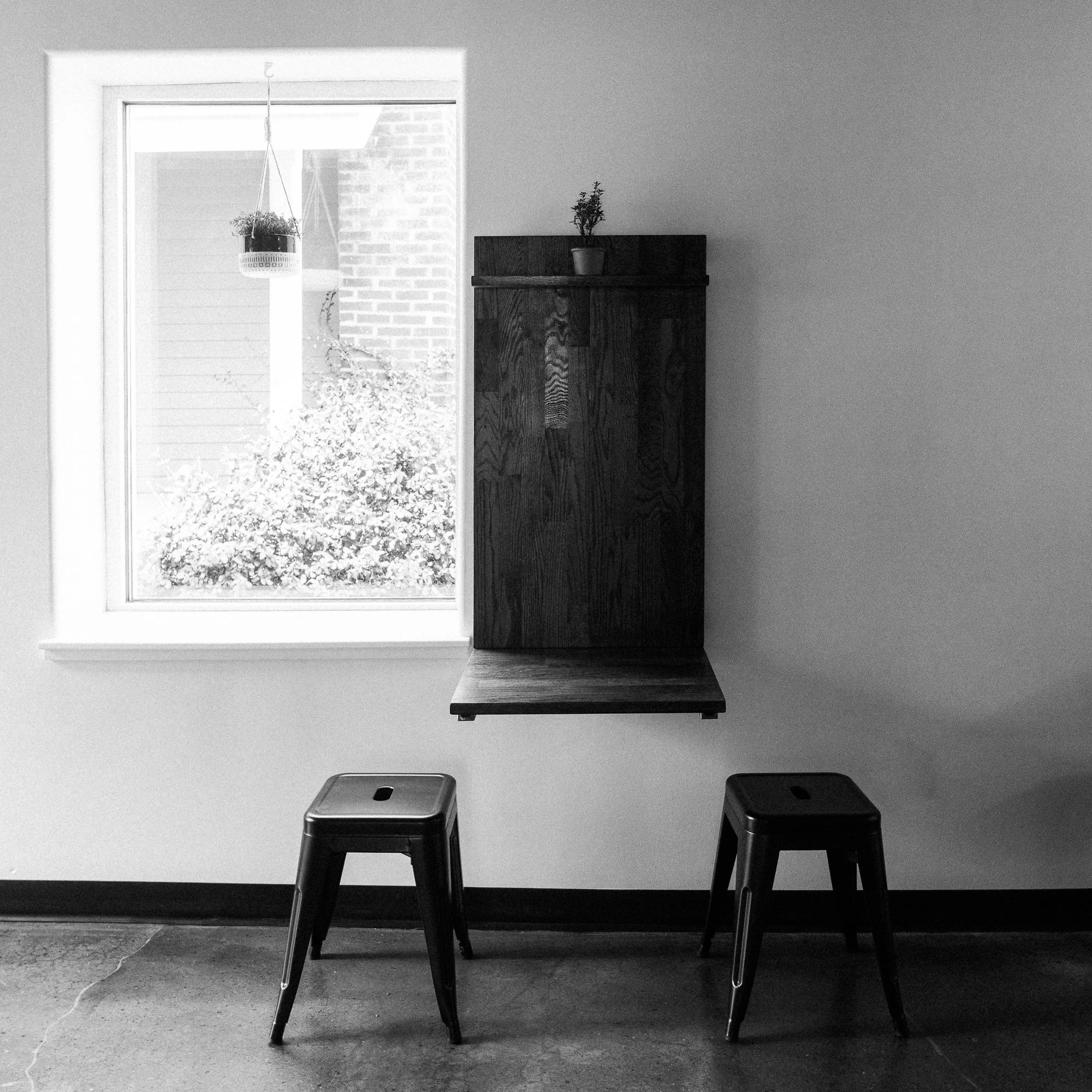












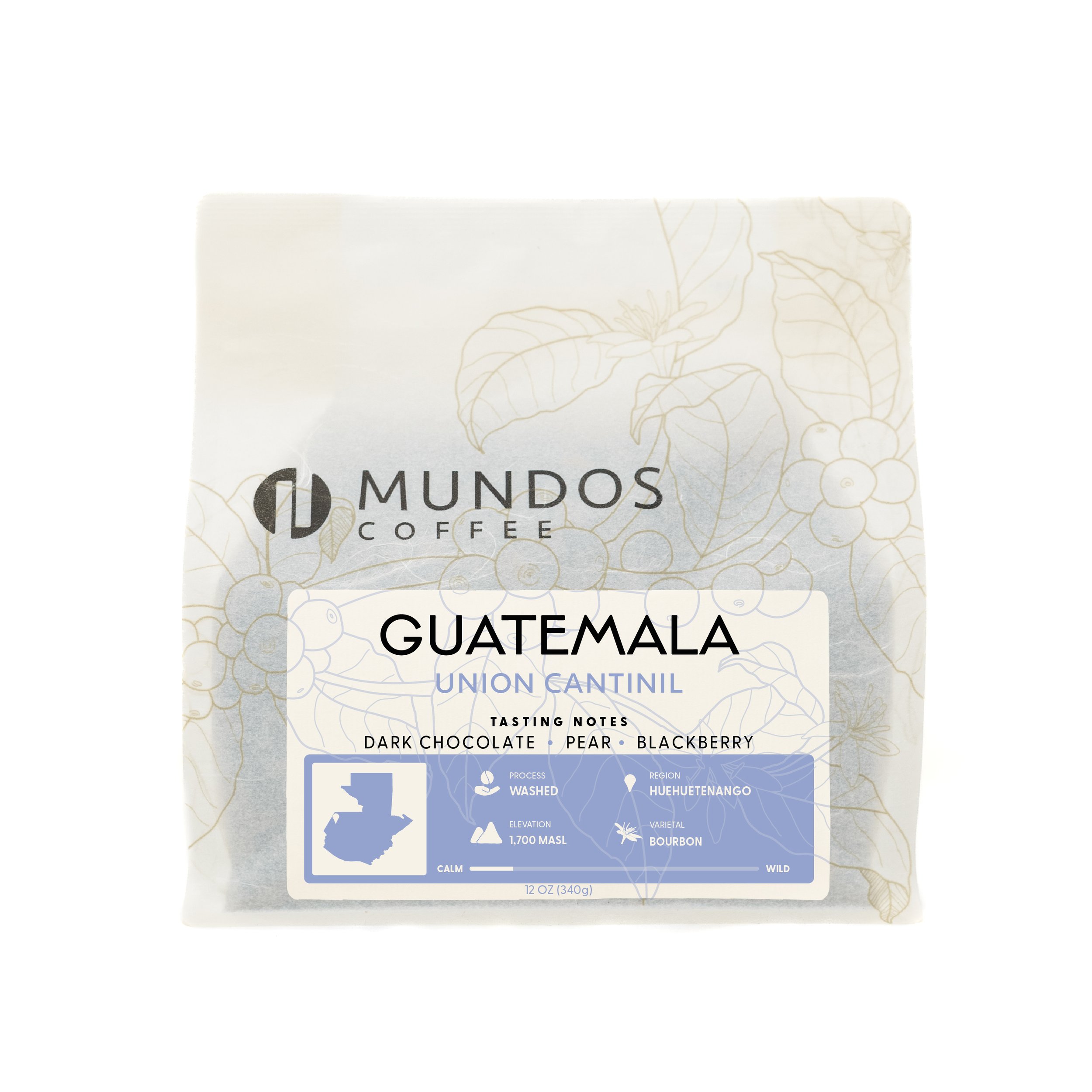








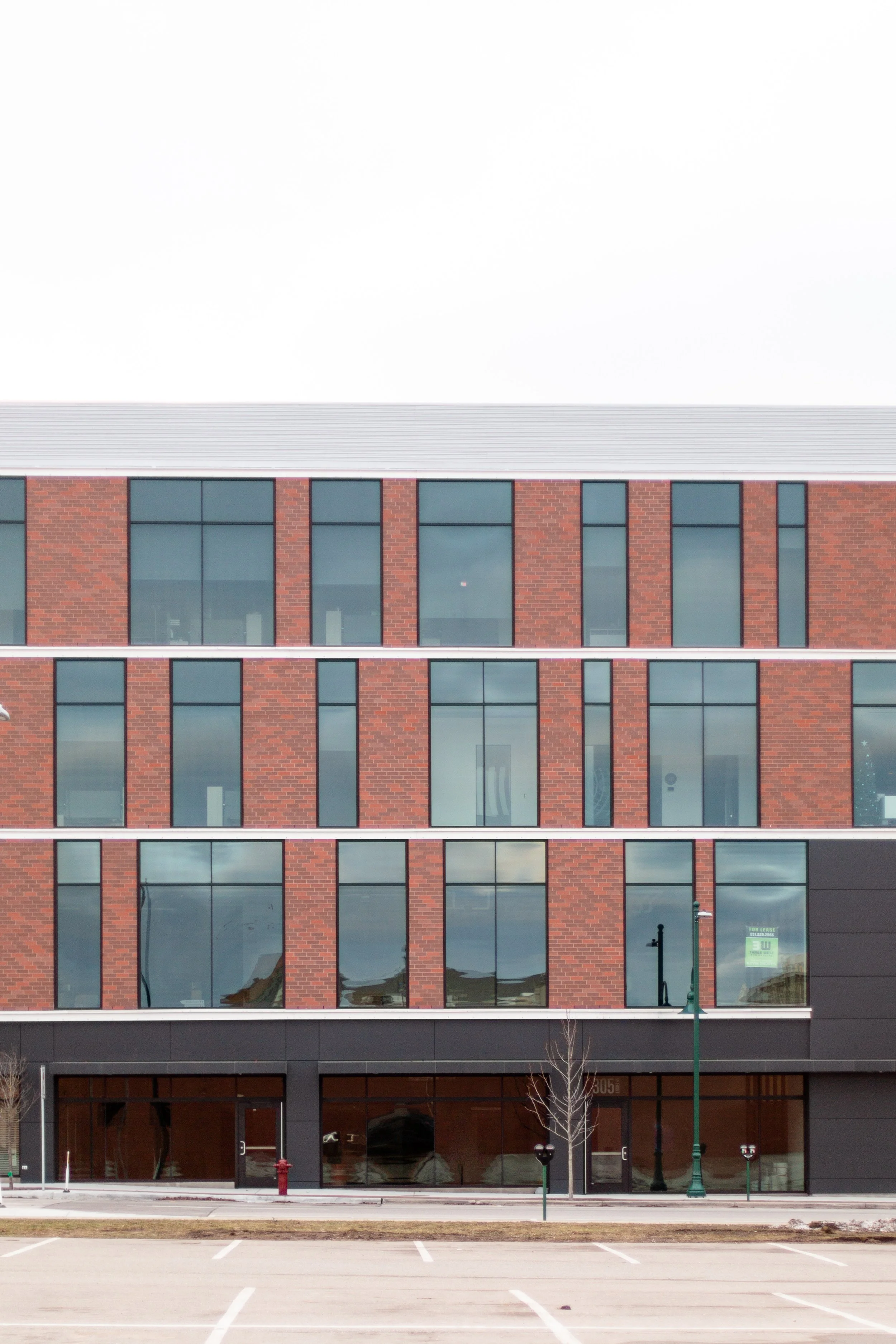
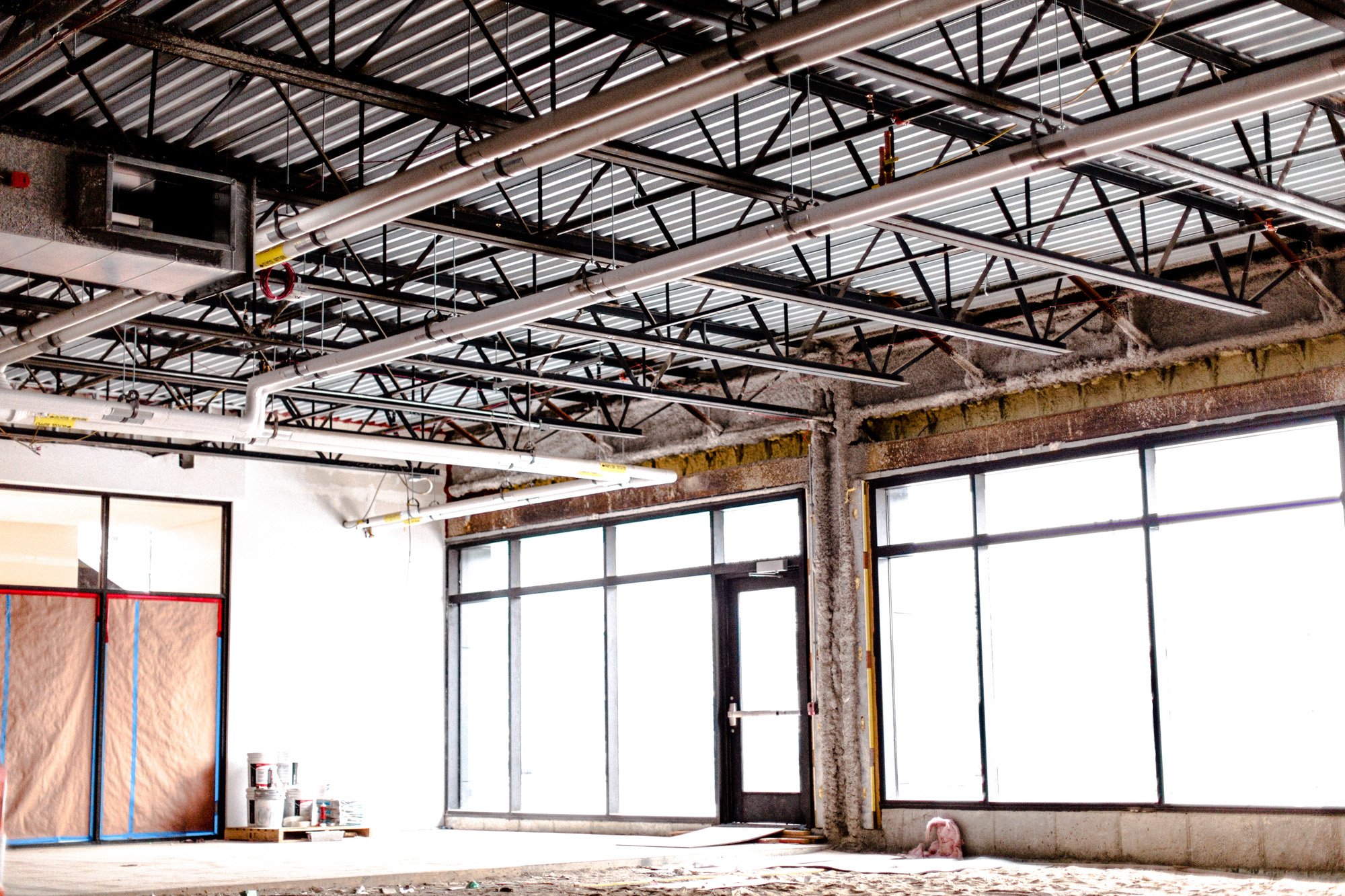
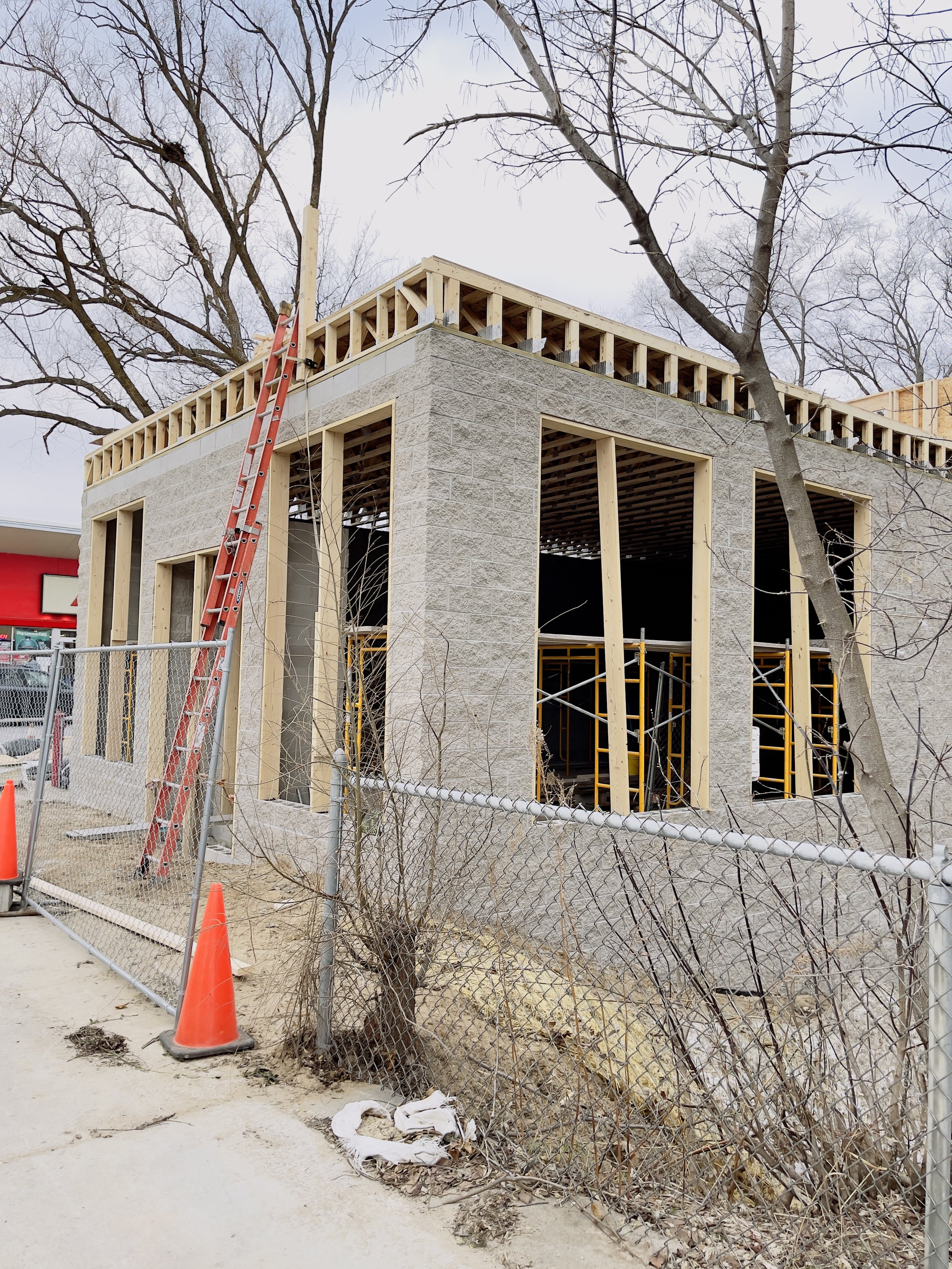

Mundos 305 open until 8pm, starting May 17. Coffee. Food. Community.